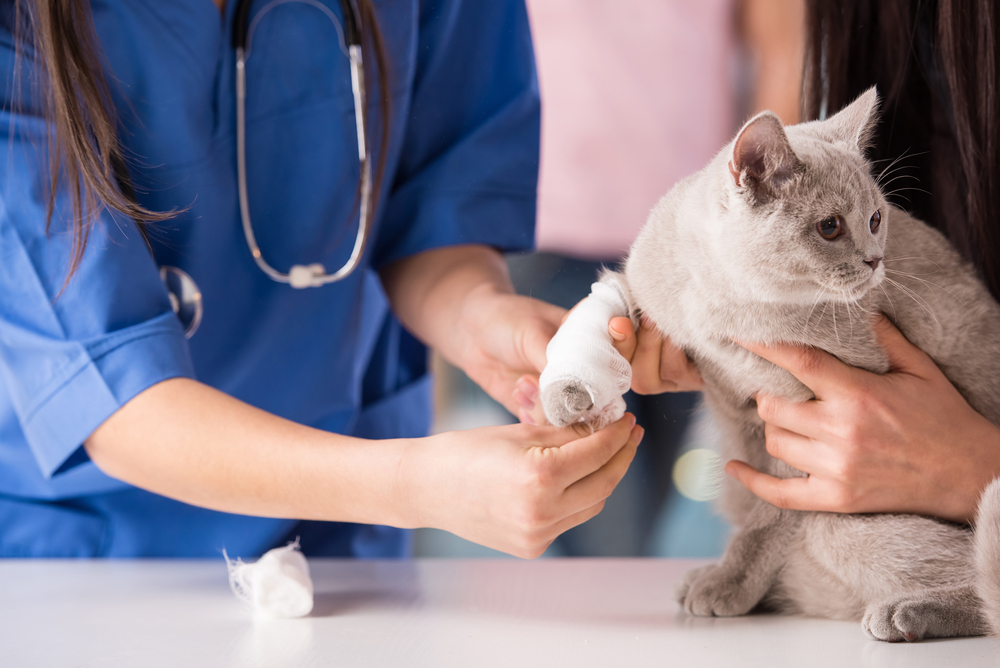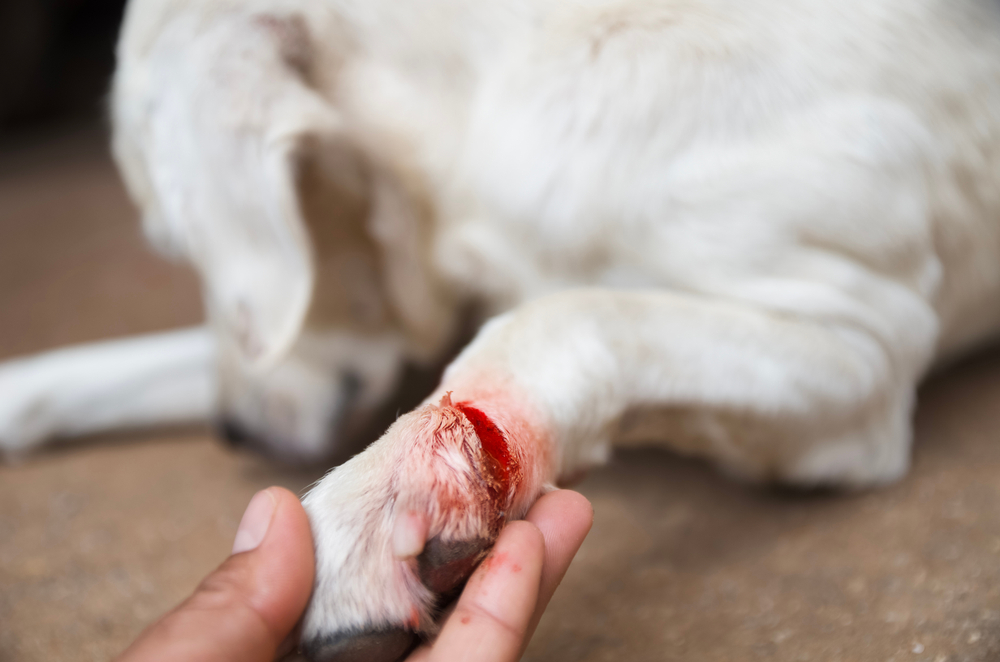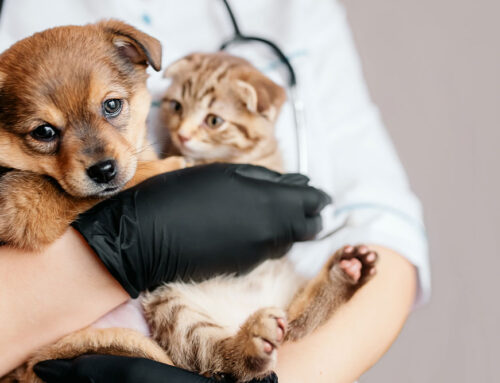When your pet is distressed, whether from an injury or a sudden severe illness, you may feel paralyzed. Your emotions may run high, and you may wonder what care type your pet needs. Deciding whether to take your pet to an emergency hospital or an urgent care facility depends on their condition’s severity. Our Cane Bay Veterinary Clinic team explains how to decide whether your pet needs emergency or urgent care.
What is veterinary emergency care?
Your pet needs emergency veterinary care if they have a severe or life-threatening condition that requires immediate attention. Veterinary emergency clinics offer round-the-clock care, specialized technology, and equipment to treat myriad medical emergencies. Most emergency clinics have a dedicated intensive care unit (ICU) and advanced diagnostic tools such as X-rays, ultrasound, and in-house laboratories. Emergency veterinary and specialist teams can handle complex medical emergencies.
What does pet urgent care offer?
In less critical health situations, urgent care facilities are more cost-effective for treating your pet. Pet urgent care is the best choice for a minor injury or illness that requires prompt treatment but is not considered a veterinary emergency. Most urgent care centers offer traditional veterinary services and extended hours, although they may not include weekends or holidays. While acute care facilities can provide essential diagnostic services, such as blood tests and X-rays, their equipment and technology may be less sophisticated than an emergency hospital.
Is my pet experiencing an emergency?
Knowing if your pet’s medical situation is life-threatening can be elusive. Certain conditions, however, require specialized emergency care, including:
- Excessive bleeding
- Trouble breathing
- Inability to stand
- Inability to urinate or defecate
- Problems giving birth
- Excessive vomiting or diarrhea
- Bleeding from the mouth, nose, ears, or rectum
- Eye injury
- Ingestion of a toxic substance
- Wild animal or venomous snake bite
- Fracture
- Falling from a height or being hit by a car
- Unconsciousness
- Seizures
In each of these scenarios, prompt treatment can lead to a better outcome, so immediately bring your pet to an emergency veterinary hospital. Do your best to stay calm, observe your pet, note any changes in their condition, and provide as much detailed information as possible when you speak to the emergency veterinary team.
Non-life–threatening illnesses or injuries in pets
While distressing, an injury or illness can be an issue that requires urgent care. Determining where to go and what to do next is best answered by our Cane Bay Veterinary Clinic team. We can often see your pet the same day or the following morning. Conditions considered urgent include:
- Minor burn or wound
- Coughing and sneezing
- Not eating
- Vomiting once or twice
- Diarrhea that isn’t persistent
- Chronic itching
- Ear infection
- Limping but able to stand
Rely on your intuition and respond quickly to your pet’s situation

In any health situation affecting your pet, err on the side of caution. If your pet is experiencing a non-life–threatening condition, you can rely on a same-day or next-day appointment, but only under our team’s guidance. You know your pet best, and your intuition plays a lead role in better outcomes for your pet, so if you feel like something is off, quick action is imperative.
Keep a pet first aid kit on hand, including their medical records, leash, carrier, and other essentials you will need in an urgent situation. Having a pet first aid kit is another important tool to treat a non-life–threatening injury such as a minor cut. Always trust your instincts and seek veterinary care if you’re concerned about your pet’s health.
If you know or suspect your pet ingested a toxin, promptly contact our veterinary team or the ASPCA’s Animal Poison Control helpline. Be prepared to provide information such as your pet’s age, weight, and breed, what they ingested, as well as the amount and time of ingestion, and what signs they are showing. If possible, have the product label on hand so you can read off ingredients and concentrations.
Knowing the difference between urgent and emergency care can help you quickly determine the care type your pet needs if they are ill or have been injured. Armed with the knowledge and information provided here, you can positively impact your four-legged friend’s prognosis. If your pet is ill or has been injured, contact our Cane Bay Veterinary Clinic team.







Leave A Comment